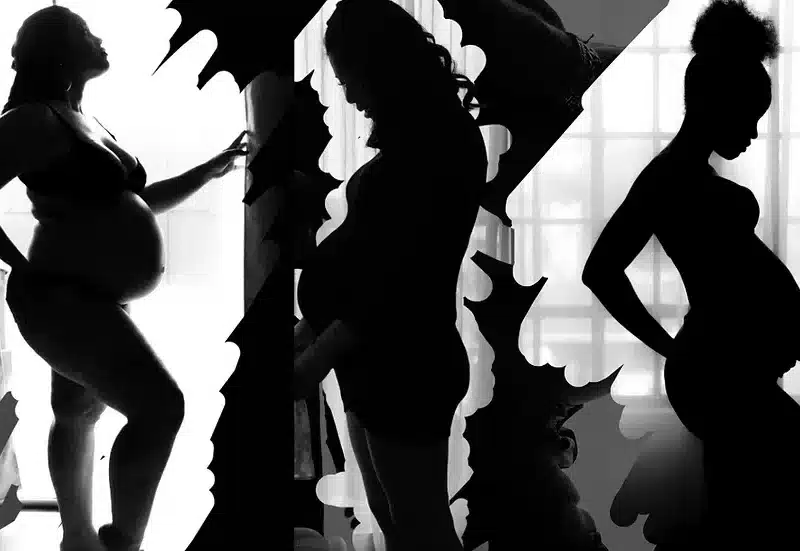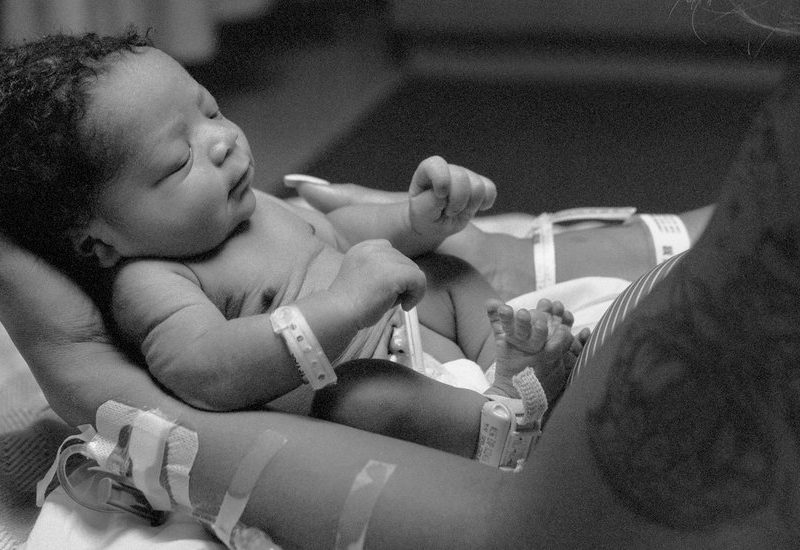NEW YORK (WOMENSENEWS)-Maternity services at hospitals in neighborhoods with more African Americans are doing less to promote breastfeeding, possibly contributing to the breastfeeding disparity between black and white women, finds a study released last week.
Despite the many well documented health benefits of breastfeeding for the mother and child, including lowering a woman's risk of breast and ovarian cancers and diabetes, hospitals serving African American communities have been slow to adapt practices to support new mothers to start breastfeeding. Initiation of breastfeeding and breastfeeding duration rates for black infants in the United States are about 16 percent lower than for white babies.
“Although the reasons for these disparities are unclear, the results might provide some insight into why there has been a persistent gap in breastfeeding initiation and duration rates between black and white infants in the United States,” said the authors in the study.
The study, published last week by the Centers for Disease Control and Prevention, found that in neighborhoods where the black population is higher than average (above 12.2 percent) key practices that support breastfeeding are much less common. The biggest difference in practices included hospital efforts to initiate early breastfeeding, limited use of infant formula and rooming-in (keeping the mother and baby in the same room).
The study looked at the implementation of 10 recommended maternity care practices that support breastfeeding among around 2,600 maternity facilities across the country.
“These findings are important because research has shown that U.S. residents usually are admitted to hospitals within a relatively short distance of where they live…Therefore, women living in zip code areas with a higher percentage of blacks might have less access to facilities implementing recommended maternity care practices, which might contribute to lower breastfeeding rates among blacks compared with other racial groups,” said the study's authors.
Narrowed Gap
The racial breastfeeding gap has narrowed in the past decade, but black mothers nationwide still lag behind other racial and ethnic groups. In 2008, the percentage of infants who were breastfed among black women was 59 percent, compared to 75 percent among white women and 80 percent among Hispanics, according to a 2013 CDC study. The American Academy of Pediatrics recommends that mothers nurse for up to a year.
While this study is the first based on national data to show that practices at maternity facilities vary based on the racial makeup of the areas they're in, an analysis by Women's eNews published last year indicated similar findings. It found that 45 percent of so-called U.S. Baby-Friendly hospitals, those that have passed stringent standards set by the World Health Organization to encourage breastfeeding, are in cities and towns with African American populations of 3 percent or less. A full 83 percent of U.S. Baby-Friendly hospitals are in communities where the African American portion of the population is 13 percent or less.
The CDC study, which linked U.S. Census data with a 2011 U.S. survey on maternity practices in infant care and nutrition, says it's not clear why these differences exist and that more research is needed to look into the obstacles to implementing recommended breastfeeding practices in areas with larger black populations.
Awareness Efforts
Meanwhile some groups across the country are trying to raise awareness of the importance of breastfeeding for African American women. The African American Breastfeeding Project released a mini documentary this week featuring interviews from black breastfeeding mothers and educators. In it women discuss in detail their experiences of choosing between formula and breastfeeding.
In the video Jasmine, from Compton, Calif., says she wanted to breastfeed her daughter but wasn't able to in the end. Her family didn't want to help her breastfeed, she says, and didn't know how to support her since they hadn't breastfed themselves. Media images also haven't helped.
“A lot of the images you see are not women that I could connect with. They're white Americans, modern white Americans, or they're African Americans but they're dated, a lot of dated images. Not seeing women breastfeeding, not knowing what normal breastfeeding behavior looks like is really detrimental for women that want to breastfeed,” she says.
Others in the film discuss barriers besides hospital practices, ranging from the legacy of slavery and wet nurses to family traditions to a lack of black lactation consultants.
Authors of the CDC study say targeting maternity centers in black communities should also be part of the approach to encourage breastfeeding: “Interventions are needed to ensure that all maternity care facilities are implementing the recommended policies and practices known to be important for the establishment of breastfeeding. Facilities located in areas with higher percentages of blacks might need additional support.”


